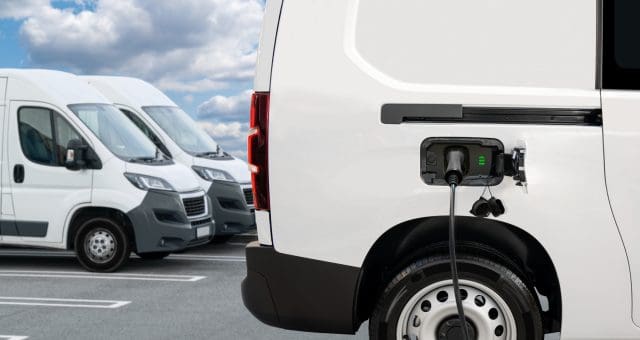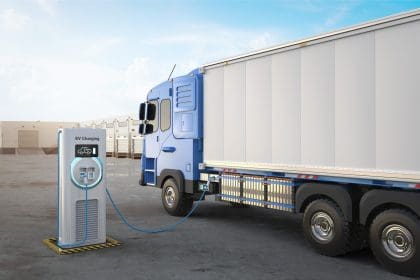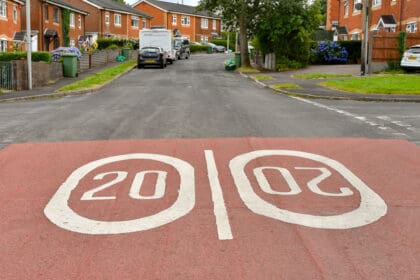As the drive towards zero-carbon motoring continues, the extra weight of electric batteries needed to power vans and minibuses pushed them into the same weight class as lorries, which need HGV licences, tachometers and must meet other strict rules to operate on the roads.
The Government at the time appreciated the unintended consequences of the weight and vehicle class regulations and aimed to “reduce the administrative burdens on drivers and operators with mixed fleets”.
Otherwise, this would have required anyone driving an electric minibus or delivery van to obtain an HGV licence and have tachographs fitted to restrict driving hours. Apart from being a major inconvenience, it would come at a huge cost to businesses such as taxi operators with minibuses.
Weight allowances
In 2018, those with a full UK car licence were permitted to drive the heavier EVs provided they completed 5 hours of additional training, only drove them to transport goods and did not tow a trailer.
These conditions were removed in 2023, but the current Government wants to take things further by moving the inspections of electric vans from the HGV network to the MOT scheme which oversees the roadworthiness of cars and vans.
This is part of the Government’s aim for drivers to “be able to use a Zero-Emissions Goods Vehicles with as much ease as a petrol or diesel equivalent, provided that this can be done while maintaining road safety”.
It also wants to change the annual roadworthiness testing regime from annually to three years from first registration, followed by annual checks.
And it wants to remove the need for a tachograph for vehicles up to 4.5 tonnes that are towing a trailer.
Support
Fleet drivers were encouraged to get behind the consultation to help shape the regulations regarding 4.25 tonne electric vans.
Fleet News reports that the consultation – Zero emission vans: regulatory flexibility – “will help define regulations related to annual vehicle testing, drivers’ hours and tachographs, and speed limiter devices for electric vans”.
The British Vehicle Rental and Leasing Association (BVRLA) collected feedback specifically seeking fleet operator views calling for strict “truck” regulations to be removed for 4.25t electric vans which it believes should instead be treated the same as light commercial vehicles (LCVs) up to 3.5 tonnes.
Catherine Bowen, BVRLA head of decarbonisation and future mobility, told Fleet News: “The Government consultation is a clear indication that the asks from the Zero Emission Van Plan are under serious consideration.
“The current regulatory set up for larger electric vans is not working and we have outlined clear changes that will support adoption.
“Those changes are firmly on the table. It is now up to the sector to provide the views and evidence that make the case even stronger and impossible for the Government to overlook.”
As the drive towards zero-carbon motoring continues, it is not only the cost of vehicles and the charging infrastructure that need addressing. Regulations that were drawn up long before anyone was even thinking about electric vehicles can cause problems further down the line, as in the case with the weight of electric vans.
Common sense appears to be prevailing because despite the weight difference, if a full UK licence is sufficient to drive a petrol or diesel minibus, it should also qualify someone to drive an electric version of the same vehicle.




